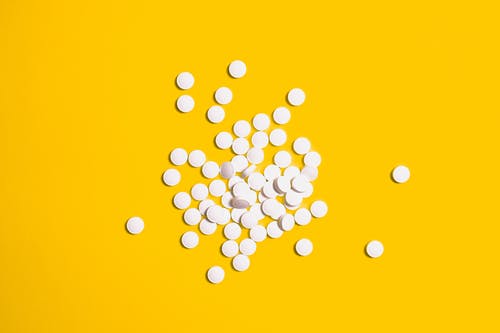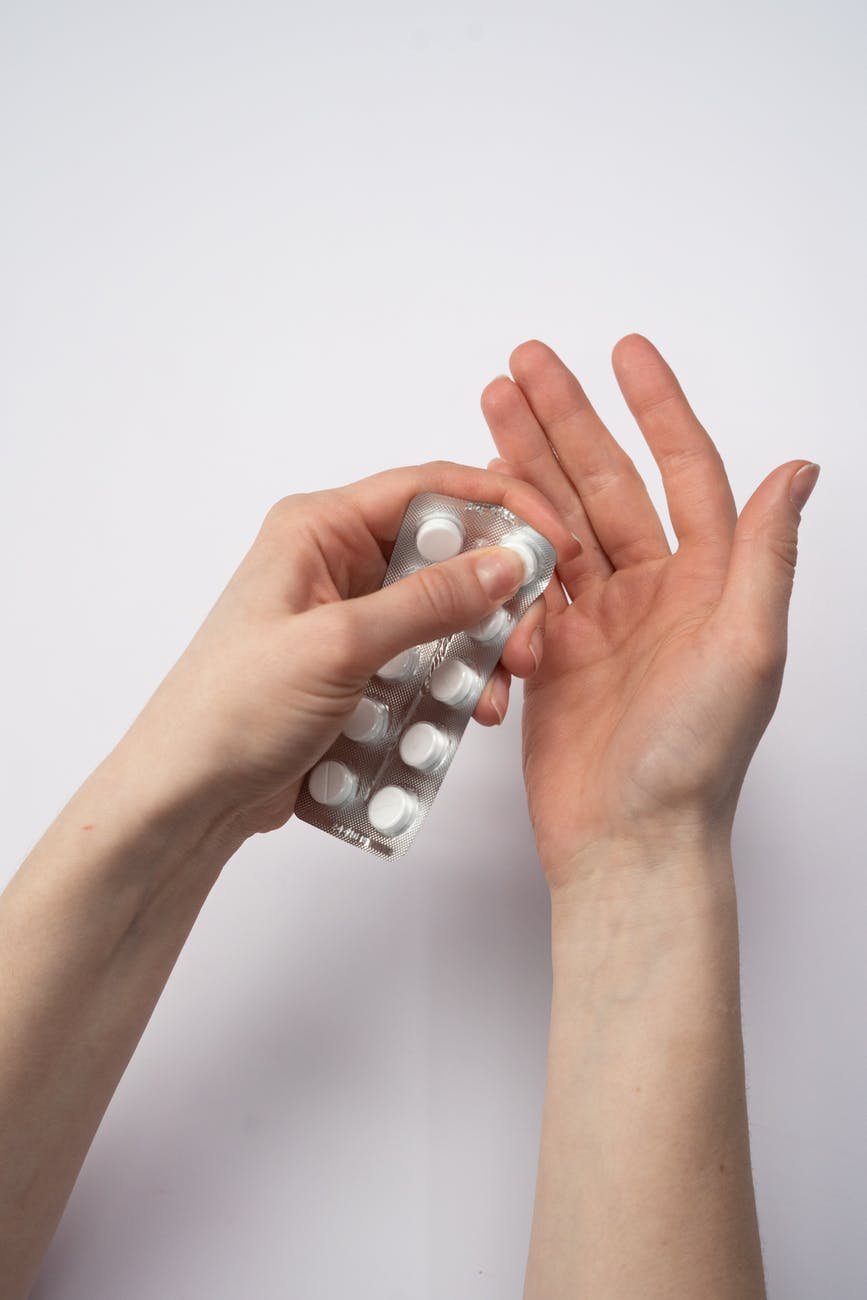College students who misuse addictive medication experience a multitude of health concerns and poor academic performance.
A new Oregon State University (OSU) study published in the Journal of American College Health shows college students who use prescription stimulants or opioids improperly tend to experience negative academic consequences as well as have poor physical and mental health outcomes. This proves to be the case even when they don’t use illegal drugs.
The study examined the effects of medications that have not been prescribed to the students and revealed students who misuse prescription stimulants or opioids are more likely to report negative mental health outcomes including anxiety and depression, and poor academic performance as well as chronic pain issues, than students who do not misuse prescriptions and/or take illicit drugs. They also report higher uses of addictive substances such as marijuana, nicotine, and alcohol.
“While these findings may not be surprising,” lead author David Kerr, psychology professor in OSU’s College of Liberal Arts, said, “they help demonstrate that misuse of prescription drugs falls on a broader spectrum of drug use.” He added, “It does suggest that using someone else’s prescription drug is not just a one-off behavior, because college students who have misused a stimulant or opioid are distinguishable from those who haven’t, on outcomes we considered. Looking at it another way, prescription drug misusers were more similar to illicit drug users than they were to non-users.”

The study pulled data from the 2015-16 National College Health Assessment, which contains self-reported measures of recent “drug, alcohol and nicotine use for nearly 80,000 students ages 18-24 from four-year colleges and universities nationwide.” The research team also examined data regarding student mental health and academic performance in order to monitor differences based on drug use versus abstinence.
“Those who only misuse prescription stimulants, such as Adderall, showed similar levels to illicit drug users when it came to heavy alcohol use, anxiety, depressive symptoms and diagnosis of ADHD. Stimulant-misusing students actually fared worse in terms of academic difficulty than students who only used illicit drugs, which suggests that students without ADHD might use a friend’s prescription stimulant in the hopes that it will give them an academic boost,” Kerr said.
The report indicates that those who misuse opioids had similar symptoms of those who reported illicit drug use as far as reporting depression, anxiety, and academic difficulty. Also, prescription opioid users were slightly more likely to report issues with chronic pain than illicit drug users. Researchers found that “students living in fraternities and sororities were overrepresented in the group of prescription stimulant misusers.”
“We need to get the message to students in need that this is not going to be a helpful way to cope with poor grades or really anything else,” Kerr said. “If you think you have ADHD, you should get assessed; if you think medication might be helpful, you should work with a health care provider on that. Don’t try to be your own pharmacist. We also need to reach students or others who do have a prescription and may be trying to help by sharing it with someone else. For example, pharmacists and doctors could caution patients against thinking they’re doing their friends a favor by giving them spare drugs.”
Sources:
Students who misuse prescription drugs risk mental health, academic challenges, OSU study finds


Join the conversation!